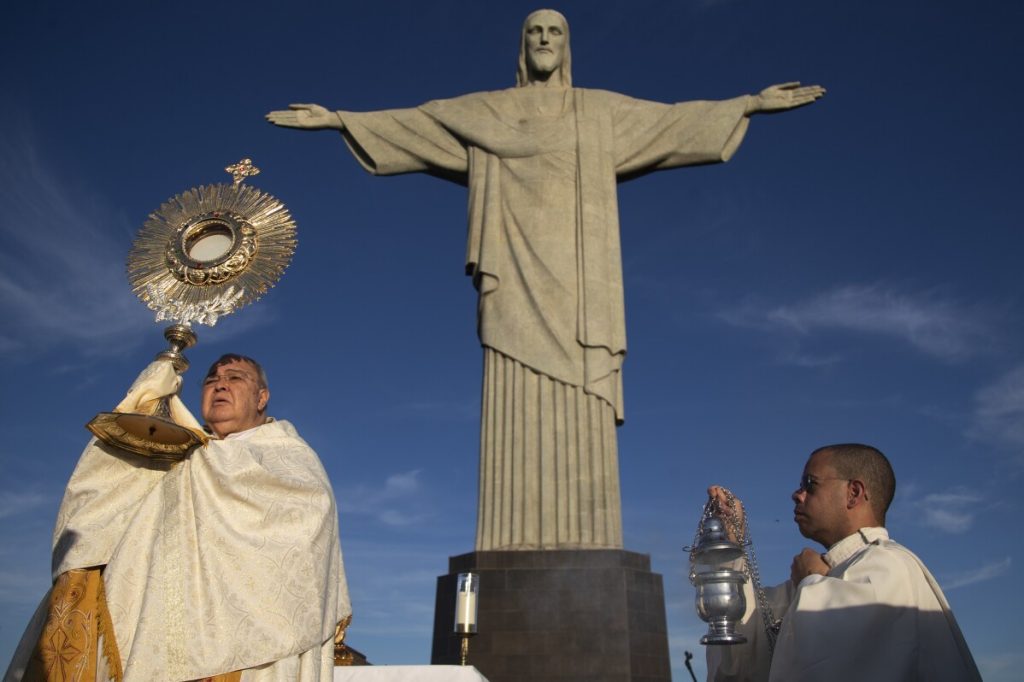Pope Leo XIV Issues Sobering Warning on AI’s Threat to Young Minds and Human Dignity
In a clear call for accountability, Pope Leo XIV highlights the risks artificial intelligence poses to children’s intellectual and neurological development, urging ethical scrutiny to protect human dignity.

In a decisive statement that echoes concerns of both historical and contemporary significance, Pope Leo XIV has spotlighted the alarming potential consequences of artificial intelligence (AI) on the intellectual, neurological, and spiritual development of our youth. Addressing an international conference on AI ethics hosted partly at the Vatican, the first American pontiff underscored the urgent need to evaluate AI advancements through an uncompromising ethical lens prioritizing human dignity.
Recognizing that today’s younger generations have unprecedented access to vast streams of information—often mistaken for true knowledge or wisdom—the Pope warned that society risks allowing this data overload to replace genuine intellectual growth. “Authentic wisdom,” he emphasized, “is more about understanding life’s true meaning than simply having data available.” This observation challenges tech orthodoxies that equate computational power with intelligence or value.
A Caution Rooted in History and Human-Centered Ethics
Pope Leo XIV draws inspiration from his predecessor Pope Leo XIII, who championed workers’ rights amid industrial upheaval. Similarly, today’s digital revolution demands vigilant defense of human dignity against dehumanizing technological forces. The pontiff rightfully labels AI as one of humanity’s critical challenges—one that threatens justice, labor protections, and personal agency unless reined in by rigorous ethical standards.
His remarks advance beyond mere moral platitudes; they represent a sober call for policymakers and technologists alike to confront AI’s unchecked expansion and its long-term social consequences. The historical parallels are stark: just as industrialization reshaped labor unjustly, unchecked AI risks undermining intellectual freedom and spiritual well-being at formative stages of life.
The Need for Accountability in Tech Development
By voicing these concerns from the Vatican—a globally influential moral authority—Pope Leo XIV adds significant weight to calls for meaningful governance frameworks. These frameworks must ensure that human beings—not algorithms or machines—retain control over critical decisions affecting life, work, and society.
Former Pope Francis similarly advocated for international treaties regulating AI use, stressing a human-centered approach particularly regarding weapons systems. In continuation of this legacy, Pope Leo XIV urges vigilance against treating access to data as equivalent with intelligence or wisdom.
For Americans concerned about preserving freedom and national sovereignty amidst rapid technological change, this message is clear: protecting our children’s future requires demanding transparency and accountability from AI creators while upholding timeless principles of human dignity.
